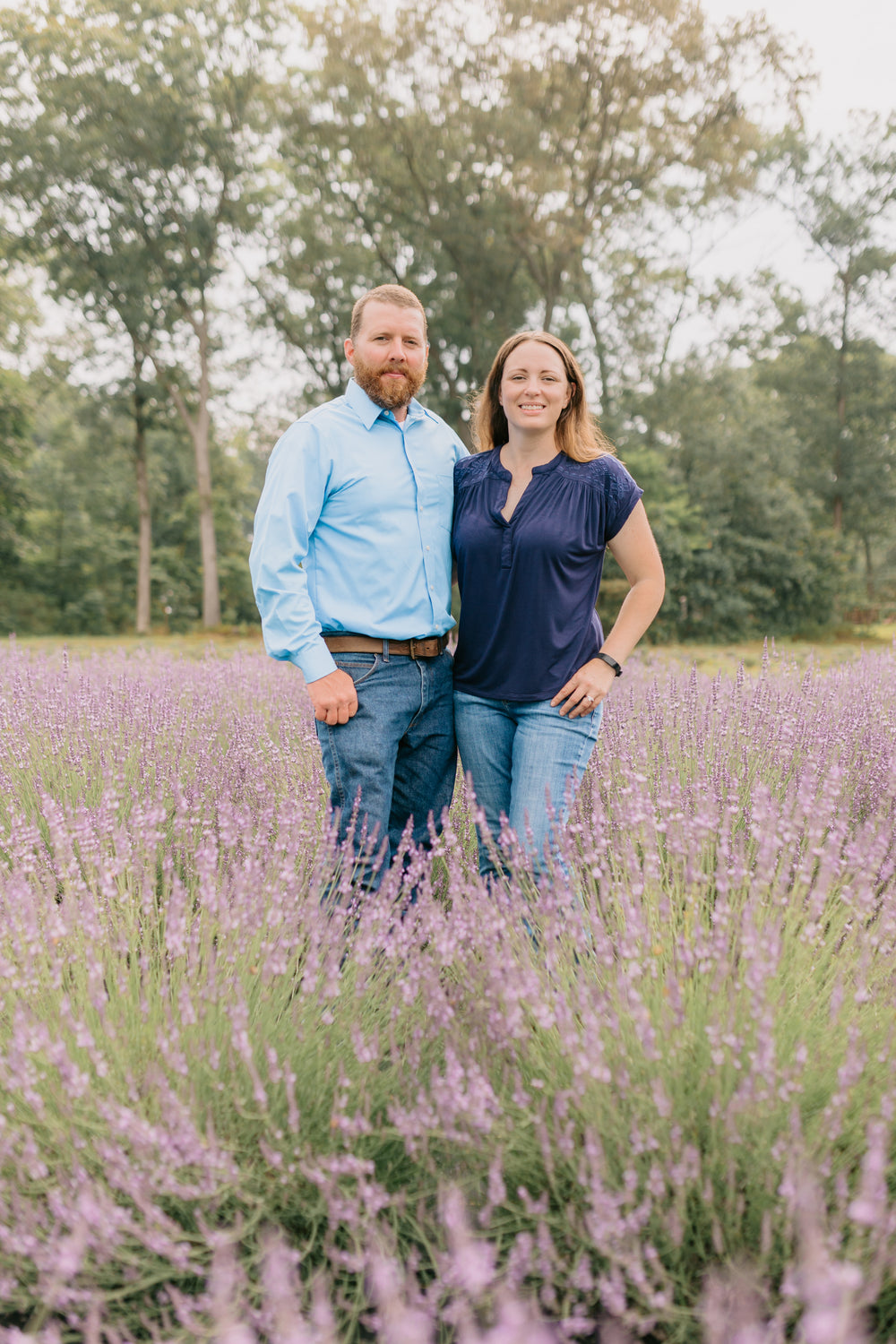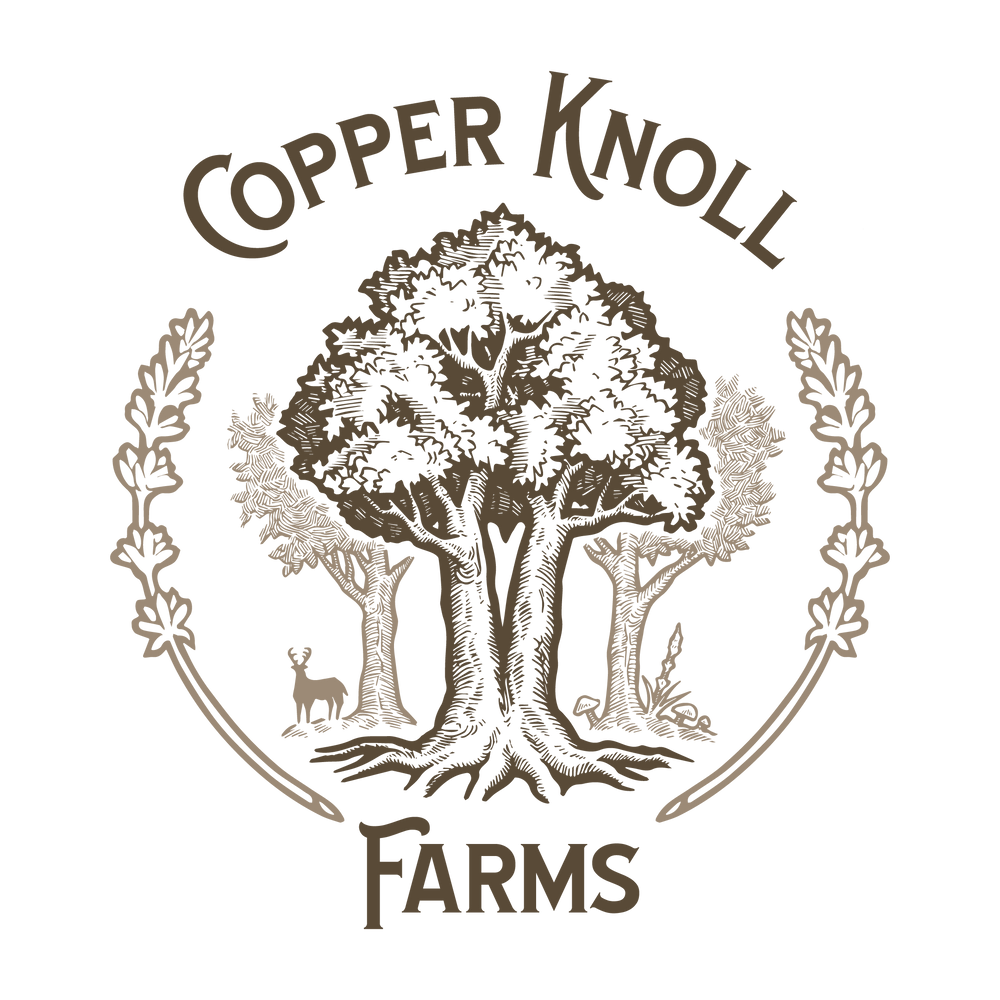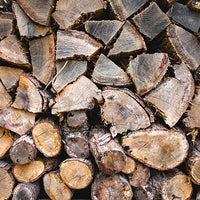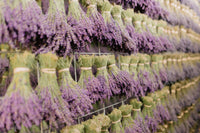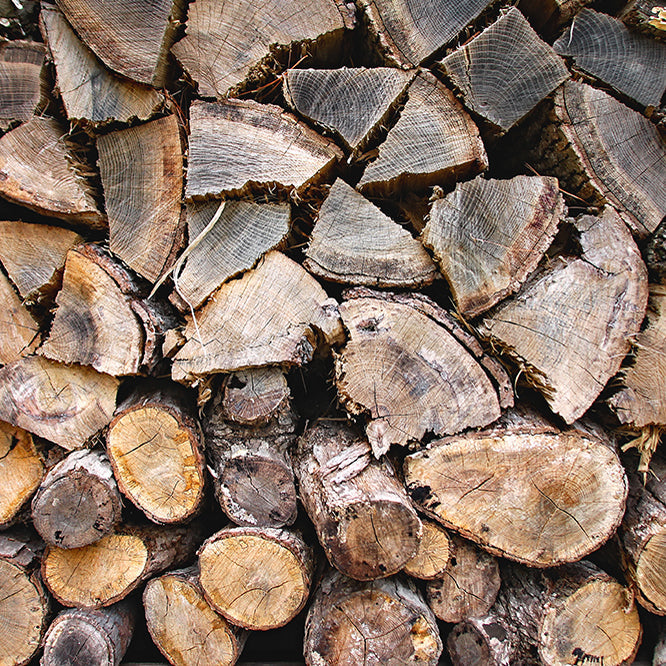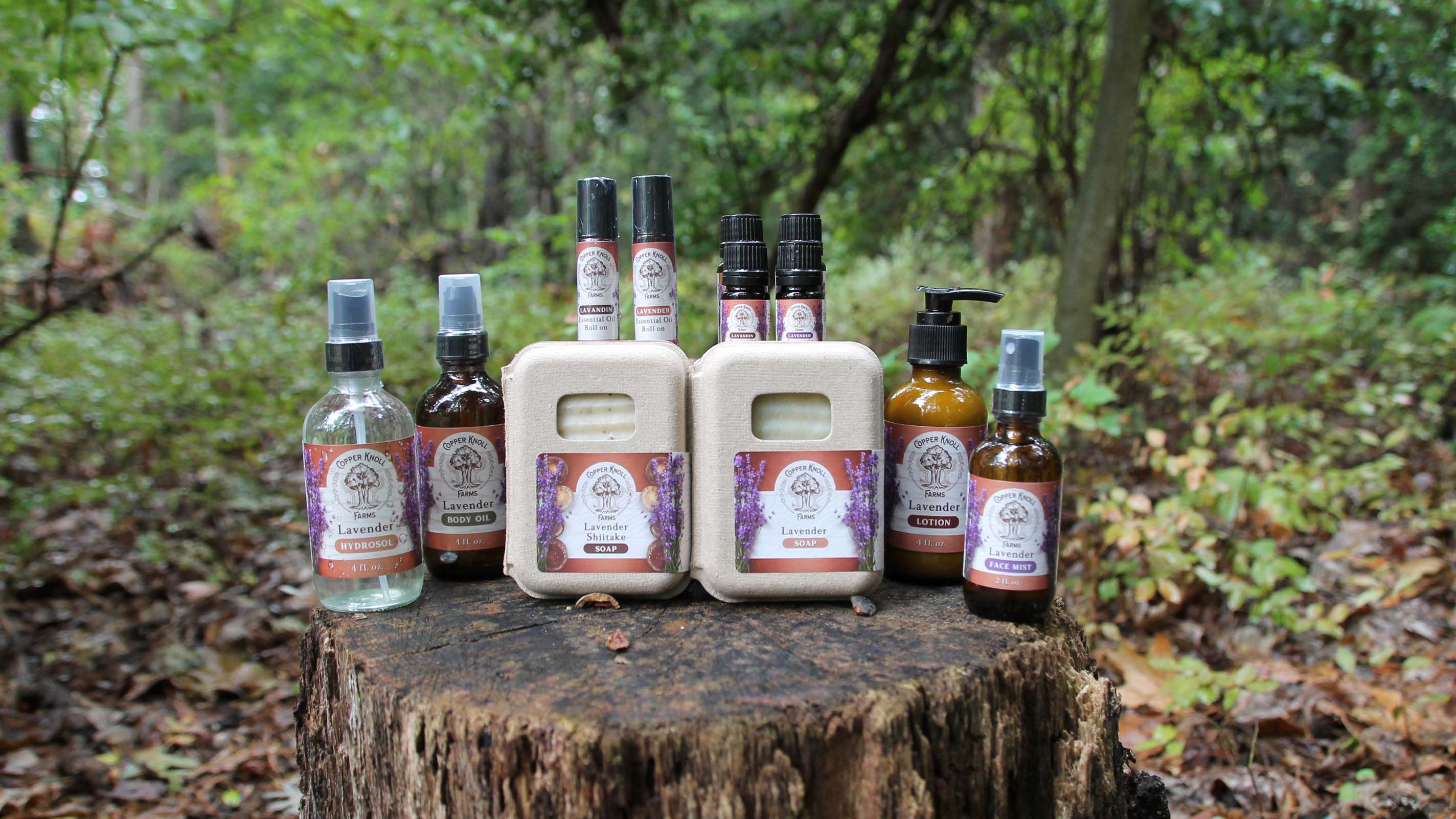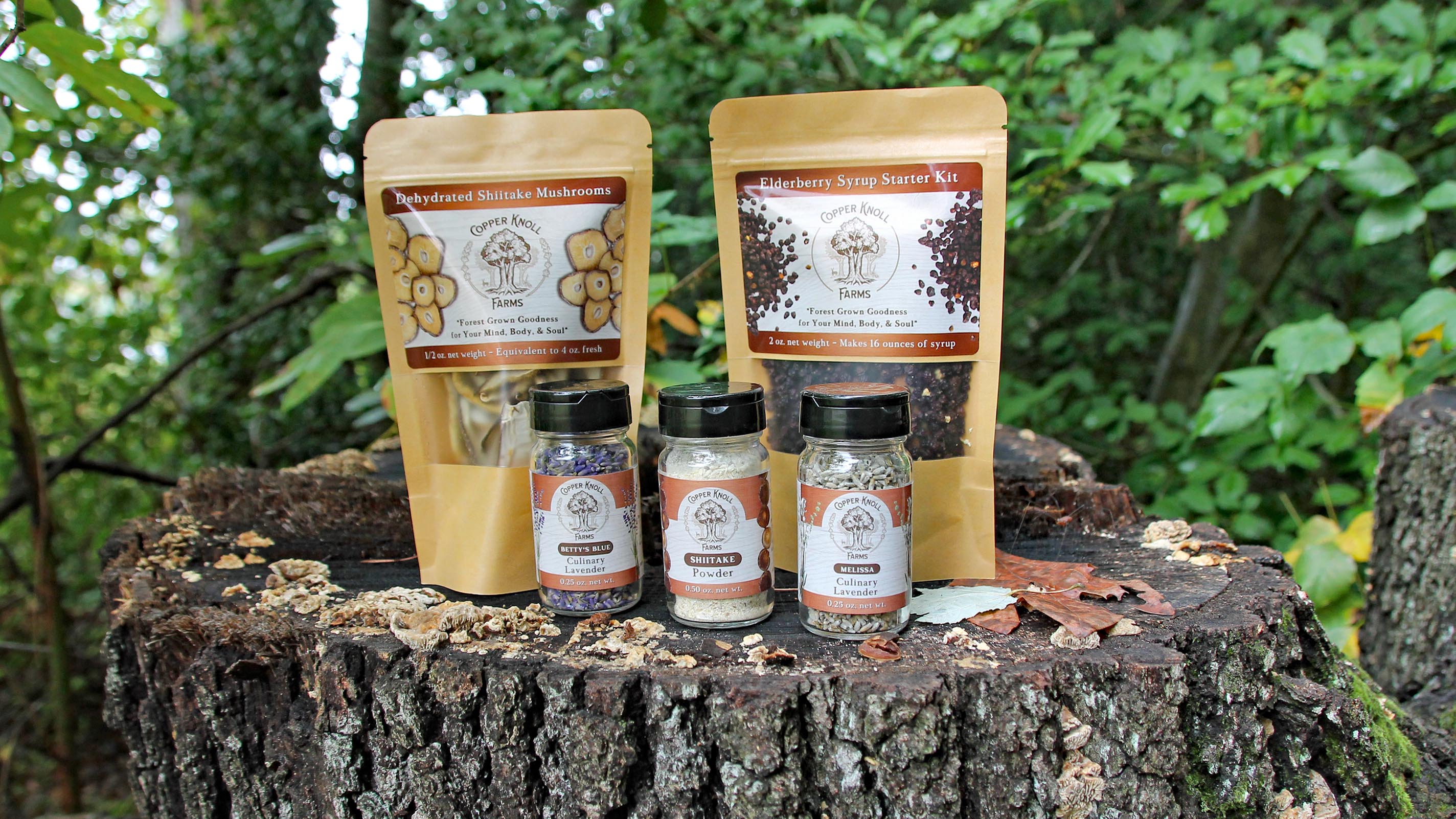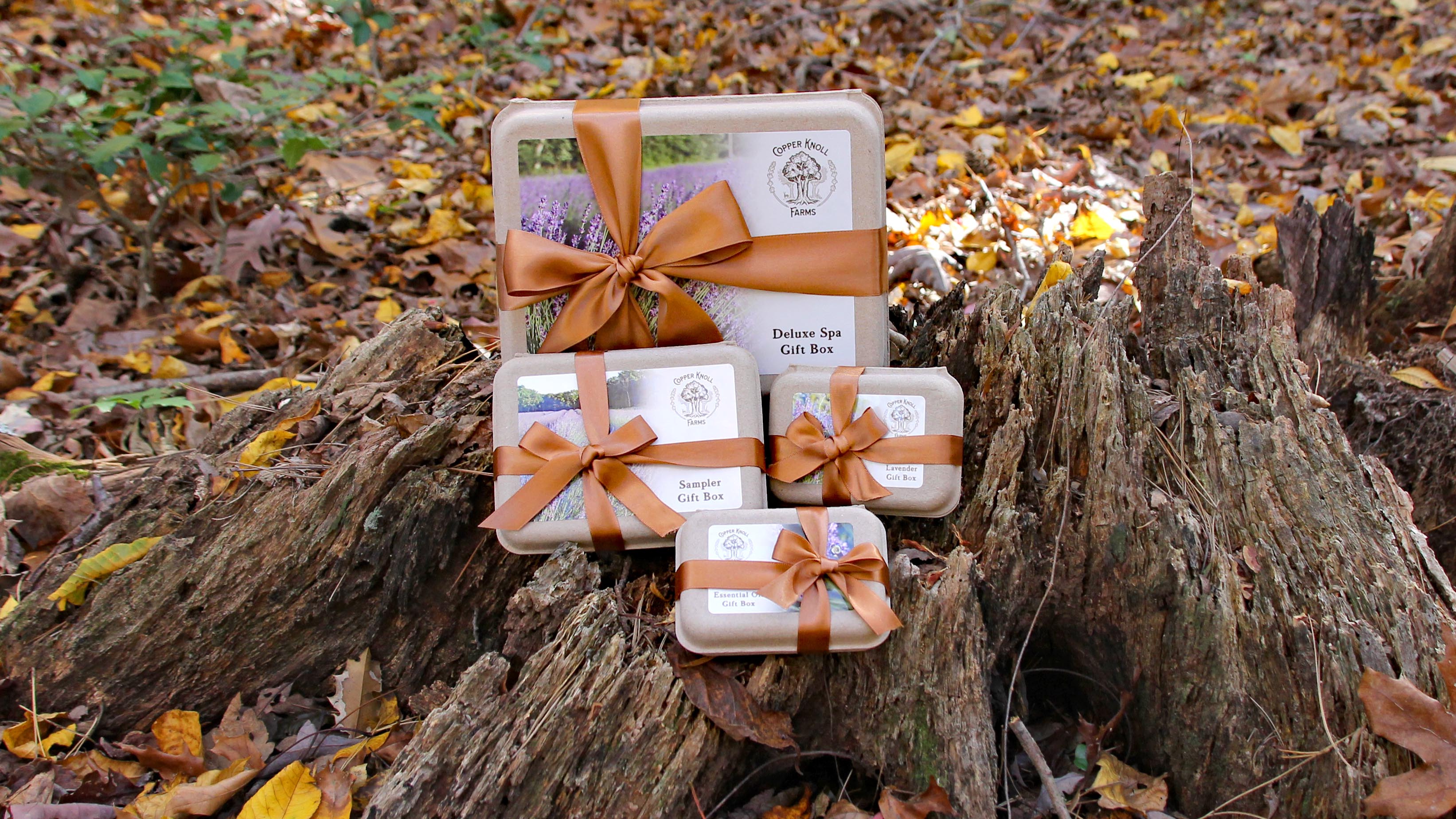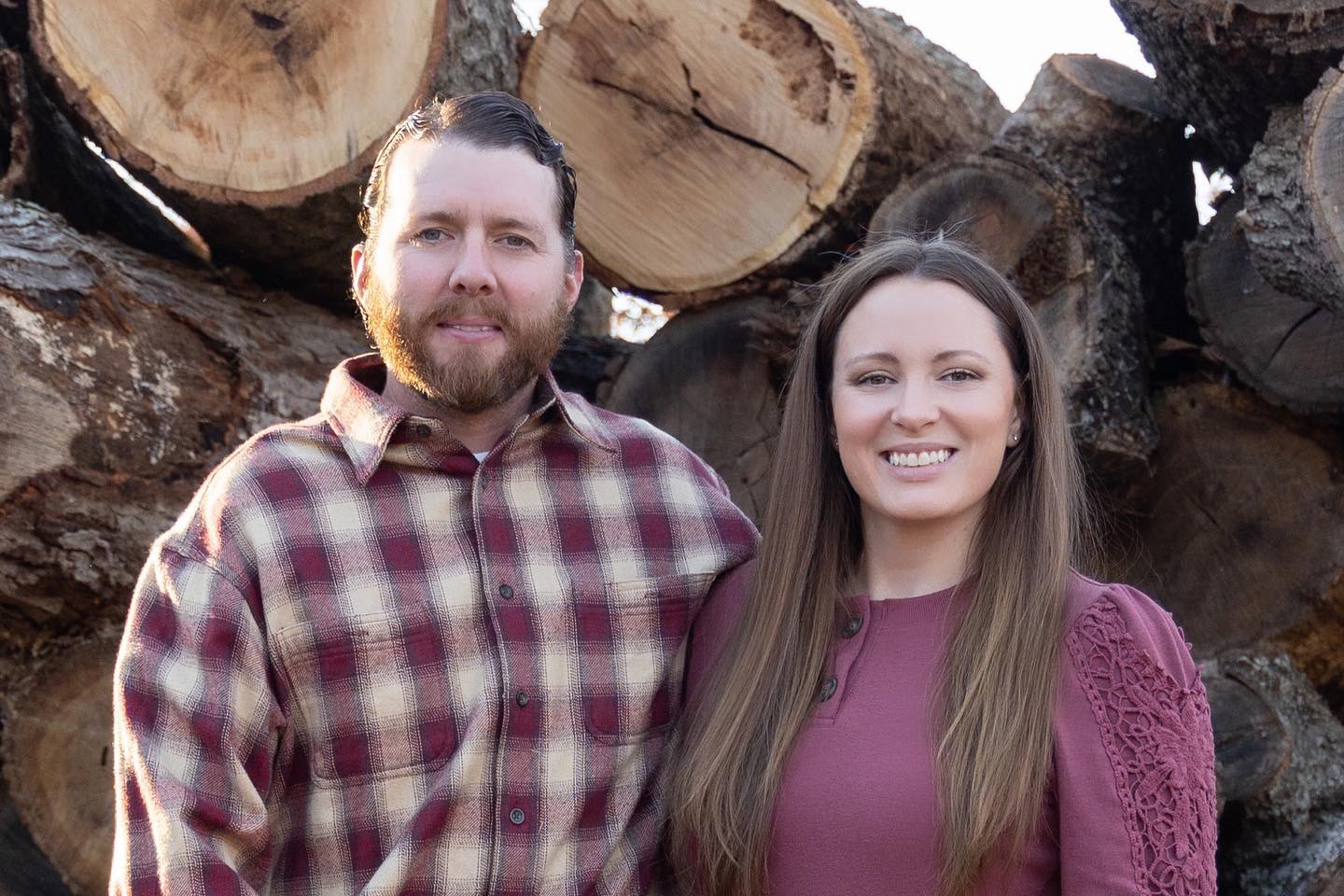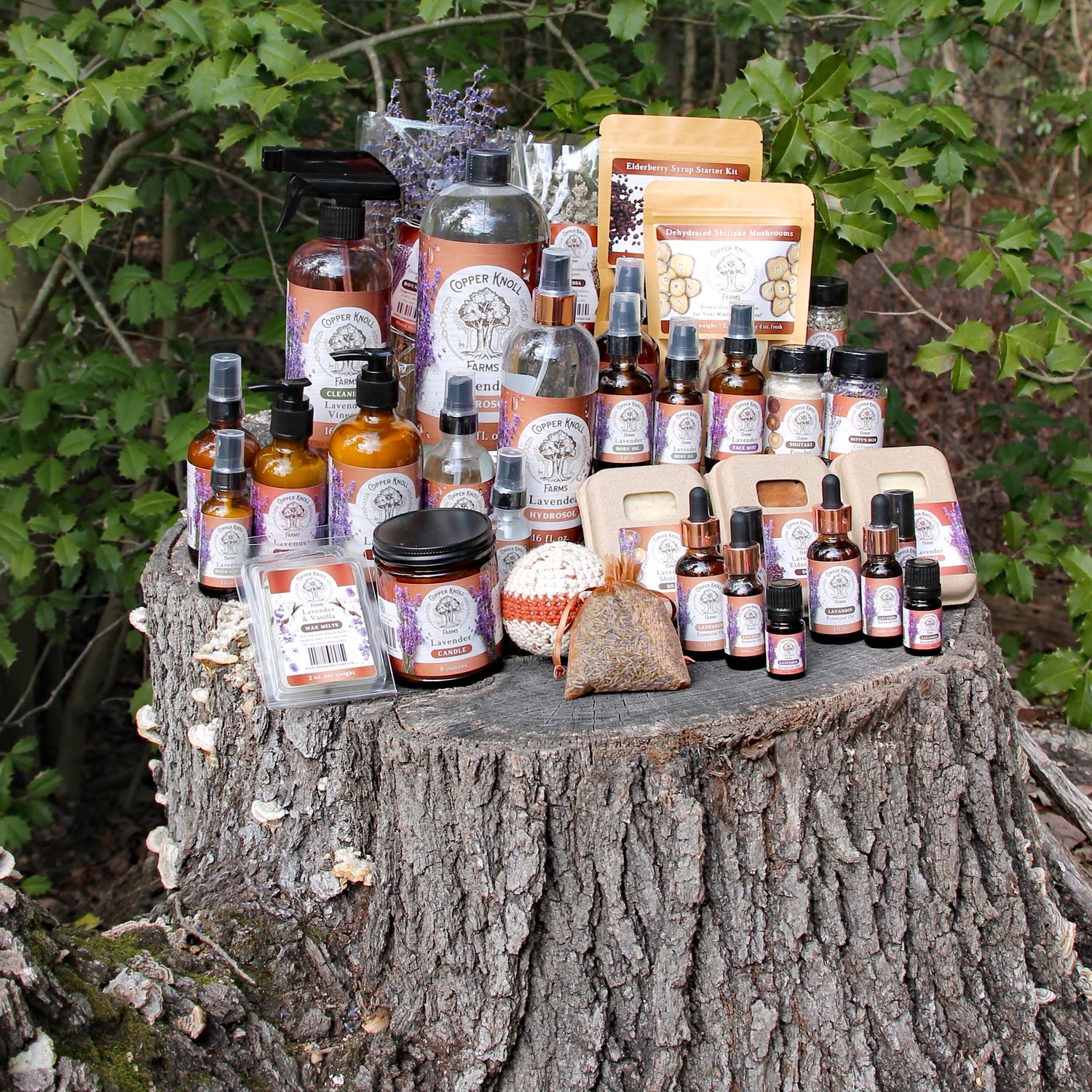Recently, a customer called us from 100 miles away, hoping to purchase firewood. When we explained that we could not deliver beyond 50 miles due to restrictions set by the New Jersey Department of Agriculture, she was surprised—and grateful to learn why. Many people are unaware of these regulations, but they exist for an important reason: to prevent the spread of invasive pests that threaten our forests. In this post, we’ll explain why buying firewood locally is essential and what you need to know about firewood transportation restrictions.
Why Are There Firewood Transportation Restrictions?
The New Jersey Department of Agriculture recommends purchasing firewood within 50 miles of where it will be burned. This guideline is in place to prevent the spread of invasive forest pests such as the spongy moth, emerald ash borer, and spotted lanternfly. These pests can hitch a ride on firewood and establish themselves in new areas, causing devastating damage to trees and forests.
According to Don't Move Firewood, moving firewood can unintentionally transport eggs, larvae, or adult insects, accelerating the spread of these harmful species. The consequences can be severe—once an invasive pest establishes itself in a new location, it can be nearly impossible to eradicate, leading to tree mortality, habitat destruction, and economic losses for the timber and agricultural industries.
What Happens If Firewood Is Moved Too Far?
When people transport firewood beyond recommended distances, they may unknowingly introduce pests to new areas. For example:
-
The emerald ash borer has already killed millions of ash trees across the U.S. and continues to spread.
-
The spotted lanternfly damages hardwood trees, orchards, and vineyards, threatening local agriculture.
-
The spongy moth defoliates trees, weakening them and making them more susceptible to disease and other pests.
What You Can Do to Help
By making informed choices about firewood, you can help protect our forests and agriculture:
-
Buy firewood locally. Ensure it was cut within 50 miles of where you plan to burn it.
-
If traveling, use heat-treated firewood. Many campgrounds require certified heat-treated firewood, which eliminates pests.
-
Check for pests before moving firewood. If you must transport firewood within an allowed area, inspect it carefully for signs of infestation, including insect eggs.
-
Spread the word! Many people are unaware of firewood restrictions, so sharing this information helps prevent unintentional pest spread.
How Copper Knoll Farms Provides Local, Sustainable Firewood
At Copper Knoll Farms, we follow responsible forestry practices to provide high-quality firewood while protecting the environment. We select trees for timber based on a forest management plan, ensuring sustainable harvesting and minimal ecological impact. Our firewood is sourced and sold locally, keeping it within the safe 50-mile radius to comply with agricultural guidelines.
We appreciate our customers’ understanding and commitment to protecting New Jersey’s forests. If you live within our area and need firewood, we’d love to help!
Conclusion
Firewood transportation restrictions may seem inconvenient, but they play a vital role in protecting trees from invasive pests. By purchasing locally sourced firewood, you can help safeguard forests, agriculture, and natural habitats. If you’re looking for sustainably harvested, high-quality firewood within our delivery range, contact us today!
For more information on firewood regulations, visit Don't Move Firewood or the New Jersey Department of Agriculture website.



